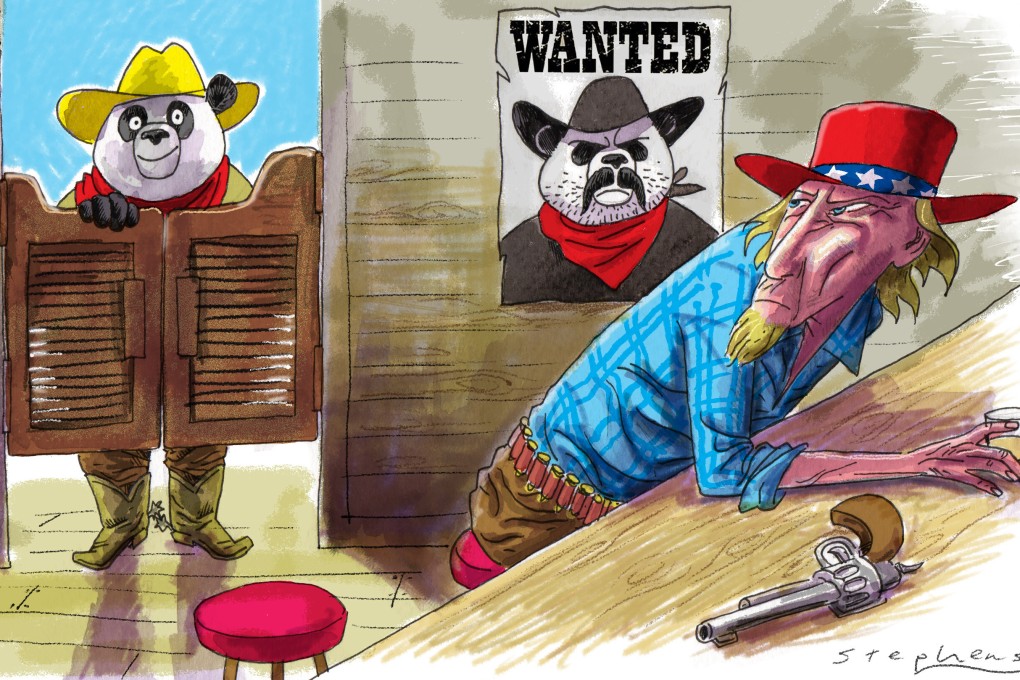Opinion | America’s knee-jerk reaction to China: just shoot the bad guy
- Viewed calmly, the new world order is simple: China is back, deal with it. But, to a Washington in cold war mode, Beijing can do nothing right
- Since 2004, about 1,800 US newspapers crucial to American democracy have closed. Yet US politicians prefer to fixate on the fate of one Hong Kong daily

Given the relentless Western media verdict of “China’s increasing assertiveness”, it might seem surprising that, across Asia, doubts about America’s own continental conduct proceed apace. Yet this goes little reported back in the US.
Nonetheless, within some government and policy circles in Indonesia, Japan and Singapore – to mention just a few of which I am specifically aware – the Cambridge-New York-Washington crowd is seen to have lost its cool equipoise. The brains trust of the West is trending neurotic.
The psychic disturbance is China. By pushing China’s expanding capabilities and aims onto the perceptual horizon of a second cold war, the United States is pumping up a mere mountain into a monster mountain range. It can’t see China straight any more.
Yet, viewed calmly, the new world order is not so terribly complicated. Simply put, China is back, so just deal with it. Unless it implodes upon itself – owing to structural tension between economic innovation and political calcification – it’s not going away.
Lacking an adequate sense of history, the West cannot seem to develop sensible coping mechanisms. Jumpy, it reaches for its gun. The cowboy’s hand-jerk response: shoot the bad guy.
In his insightful new book, Australian Bush to Tiananmen Square, veteran China watcher Ross Terrill quotes Mao Zedong explaining to a Thai prime minister how to deal with communists:
